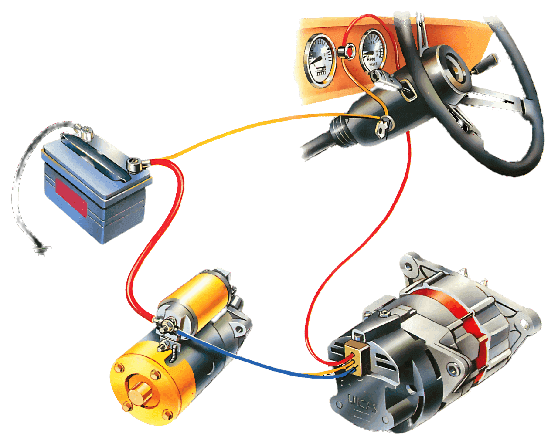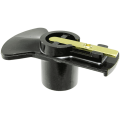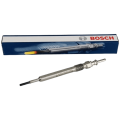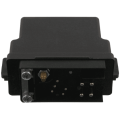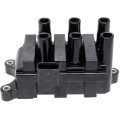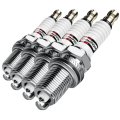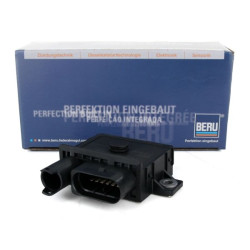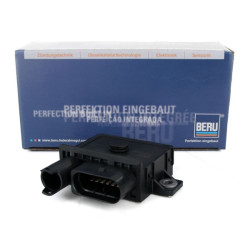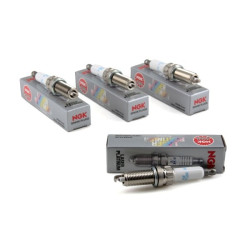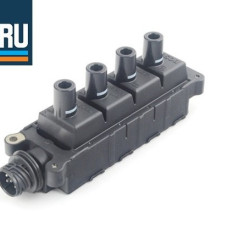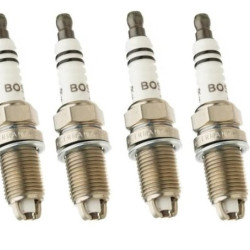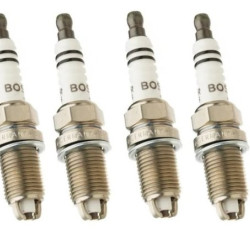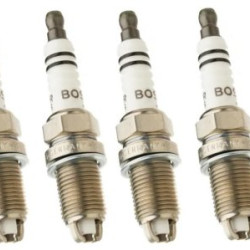BMW Ignition System
BMW Ignition system; is a system that produces a spark at high temperatures to ignite the fuel and air mixture in vehicles.
Ignition Coil Systems of BMW Cars and Their Brief History:
Ignition Coil Systems
Ignition coils play a crucial role in internal combustion engines, and these systems for BMW cars are of great importance in terms of reliability and performance. Ignition coils convert low-voltage electricity from the battery into high-voltage electrical energy and transmit it to the spark plugs, thus igniting the fuel-air mixture in the combustion chamber. BMW's ignition coil systems have continuously evolved as part of modern automotive engineering.
Multiple Coil Systems: BMW uses a separate ignition coil for each cylinder, especially in modern models. This system allows for a more precise and efficient ignition process, enhances engine performance, and optimizes fuel consumption.
Electronic Control: BMW's ignition coils are electronically controlled by the engine control unit (ECU). This ensures precise adjustment of ignition timing and voltage, allowing the engine to operate at optimum performance.
High-Quality Materials: BMW uses high-quality materials in its ignition coils. These materials are resistant to high temperatures and pressures, providing long-lasting performance. Additionally, these materials ensure uninterrupted electrical flow.
Fault Diagnosis System: Modern BMW models are equipped with built-in diagnostic systems that detect potential faults in the ignition coils. These systems provide early warnings to the driver or service, allowing for quick resolution of potential issues.
Brief History
The history of ignition systems has followed a parallel path with the development of internal combustion engines. BMW's ignition coil systems have also undergone significant stages in this evolutionary process.
Early Years (1920-1950): The first BMW cars used classic contactor and coil systems. In these systems, low-voltage electrical current was sent to the coil through a mechanical contactor, where it was converted into high-voltage electrical current and transmitted to the spark plugs.
Transistor Ignition (1960-1980): In the 1960s, BMW began to introduce transistor ignition systems. These systems replaced mechanical contactors, providing a more reliable and efficient ignition process. Transistor ignition particularly enhanced performance in high-revving engines.
Electronic Ignition and ECU (1990-2000): In the 1990s, with the widespread adoption of electronic control units (ECU), BMW further developed its ignition systems. ECU-controlled ignition coils optimized engine performance by adjusting ignition timing and voltage more precisely.
Modern Systems (2000-Present): Today, BMW has adopted multiple coil systems using separate ignition coils for each cylinder. These systems are integrated with advanced electronic control technologies to enhance fuel efficiency and reduce emissions.
Conclusion
BMW's ignition coil systems are critical components that enhance engine performance and reliability. Throughout history, technological innovations in ignition systems have made BMW engines more efficient, powerful, and environmentally friendly. The multiple coil systems and electronic control units used today once again showcase BMW's leadership and innovation in engineering. Ignition coil systems are one of the key elements that maximize driving pleasure and performance in BMW vehicles.
 Türkçe
Türkçe
 English
English
 Русский
Русский

